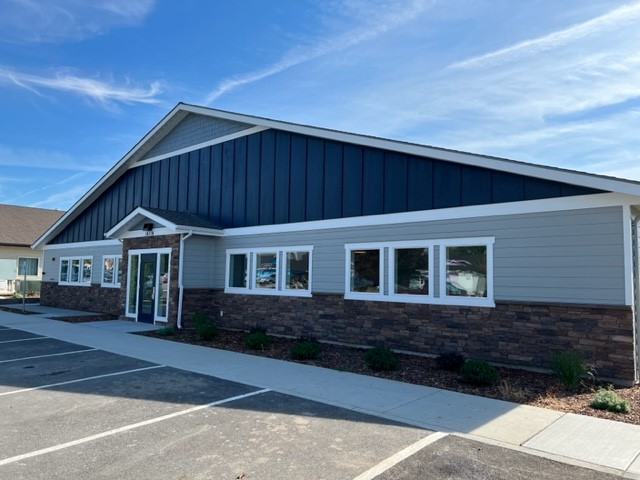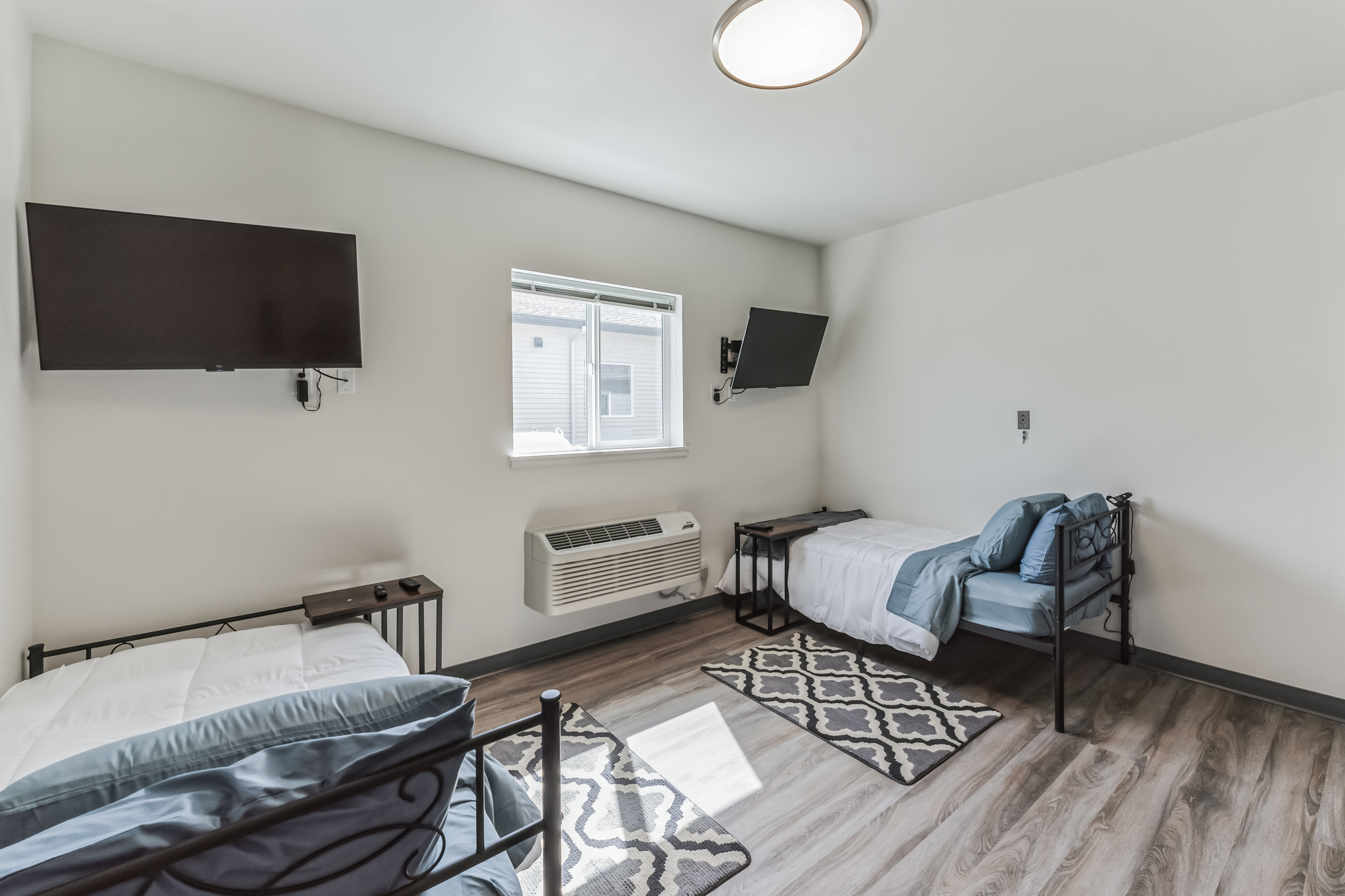
Helping a depressed person is difficult, and you may think you are powerless to help a loved one. It can be difficult to see someone you love and whose mental health condition you care about suffer. But your support matters, more than you may realize.
This article will provide you with ideas on how to assist in treating a depressed person, offer them emotional support, and advise them on finding an effective treatment plan. We also discuss how to help someone with bipolar manic depression, how to treat depression, and the stages of depression.
Skip To
Table of Contents
Understanding Depression: More Than Feeling Sad
Depression is not about simply feeling say or having a bad day. It’s a dangerous mental health condition that affects how you think, feel, and perform daily activities. Depressed people can have the following.
- Loss of interests in previously enjoyed activities
- Persistent sadness or emptiness
- Exhaustion or tiredness
- Difficulty concentrating or making decisions
- Feelings of worthlessness or guilt
- Changes in appetite or sleep patterns
- Thoughts of death or suicide
These depressive symptoms are not signs of weakness. Depression is a real mood disorder, primarily associated with specific biological, psychological, and environmental influences.
End the Emotional Pain. Get Your Life Back.
Feeling Depressed, Anxious or Struggling with Mental Health Illness? Get Safe Comfortable Mental Health Dual Diagnosis High-Quality Therapy From Counselors That Care. Begin Your Recovery Now.
Hotline: (509) 348-4077

The Stages of Depression
Getting to know the types of depression will allow you to be a more understanding support person. Though everyone has a unique experience, the majority of people deal with the following stages.
- Denial or avoidance: Downplaying or ignoring symptoms
- Acknowledgment: Realizing that something isn’t right
- Struggle: Feeling stuck or overwhelmed by negative thoughts
- Seeking help: Reaching out for treatment or support
- Healing and management: Building coping skills and regaining control
How to Help Someone with Depression: Actionable Tips
What can you do to help a depressed person? These are some of the few ways by which you can support someone you love or care about.
1. Start a Compassionate Conversation
Gently open the door to conversation. You might say:
“I’ve noticed you haven’t been yourself lately. I care about you and want to help. Can we talk?”
Be prepared for resistance or silence. Your loved one is already feeling ashamed, exhausted, or unsure of what to say. Listen without judgment.
2. Educate Yourself
Get to know what clinical depression is, its symptoms, causes, and treatment options. The more you know the more helpful you can be.
3. Offer Consistent Support
Let them know they’re not alone. Say things like:
- “I’m here for you.”
- “You don’t have to go through this alone.”
- “It’s okay to ask for help.”
It does not matter whether they respond much initially or not; occasional check-ups can go a long way.
4. Encourage Professional Help
Suggest seeking treatment for depression, such as:
- Cognitive Behavioral Therapy (CBT): An effective way to promptly recognize and transform undesired thinking patterns
- Talk therapy: Speaking with a therapist
- Medication: Prescribed by a healthcare provider to manage symptoms
Make them understand that seeking assistance is a sign of strength, not weakness.
Get Help. Get Better. Get Your Life Back.
Searching for Accredited Dual Diagnosis Mental Health Centers Near You?
Even if therapy failed previously, or are in the middle of a difficult crisis, we stand ready to support you. Our trusted behavioral health specialists will not give up on you. When you feel ready or just want someone to speak to about counseling alternatives to change your life call us. Even if we cannot assist you, we will lead you to wherever you can get support. There is no obligation. Call our hotline today.
FREE 24/7 Dual Diagnosis Mental Health Services HotlineHow to Help Someone with Bipolar Disorder
Bipolar disorder includes depression and mania. In order to help someone who has bipolar manic depression, we should be able to understand the two extremes.
In depressive episodes, feelings of worthlessness will arise, and in manic phases, they can be hyperactive.
Here’s how to support them.
- Get familiarized with the disorder and the manifestation of symptoms
- Help them follow their treatment plan
- Stay calm and supportive during mood changes
- Encourage consistency in sleep, meals, and routine
- Attend medical appointments with them if appropriate

Coping Skills for Depression
When your loved one is meeting professionals, you can assist them in discussing healthy coping skills of depression, which include:
- Journaling or writing down thoughts
- Gentle physical activity like walking or yoga
- Practicing mindfulness or meditation
- Setting small, achievable goals
- Engaging in hobbies or creative outlets
- Limiting social media and screen time
The techniques are not cures; however, they can help alleviate symptoms and improve everyday mental health.
Recognizing Crippling Depression
A significant degree of depression is crippling depression that to the individual may make it difficult to get out of bed, go to work, or take care of themself. It often includes the following.
- Major depressive disorder (MDD)
- Intense negative thoughts
- Extreme loss of interest in life
- Body pain, fatigue, changes in appetite, physical symptoms
When your loved one begins to exhibit these symptoms, it is extremely important to consult a professional as soon as possible. Don’t wait. Offer support by relieving them of the burden to make appointments. You can offer to schedule things for them, or help them with transportation, or even sit with them as they make the call.
Comfortable Facilities & Amenities
High-Quality Mental Health Services & Behaviroal Health Substance Abuse Treatment
Rehab Centers TourRenowned Mental Health Centers. Serene Private Facilities. Inpatient Rehab Programs Vary.
Mental Health Helpline: (509) 348-4077Proven recovery success experience, backed by a Team w/ History of:
15+
Years of Unified Experience
100s
5-Star Reviews Across Our Centers
10K
Recovery Success Stories Across Our Network
- Low Patient to Therapist Ratio
- Comprehensive Dual-Diagnosis Treatment
- Complimentary Family & Alumni Programs
- Coaching, Recovery & Development Events
- Comfortable Onsite Medical Detox Center
What Not to Say to Someone with Depression
The phrases could be invalidating or dismissive, even with well-intentioned original messages. Avoid making any of the following comments.
- “Just cheer up.”
- “Others have it worse.”
- “You’re just being lazy.”
- “Snap out of it.”
Instead, you should offer empathy, patience, and unconditional support.
Encourage Professional Help
Remind them that depression is treatable. Effective treatment might include a combination of the following options.
- Therapy (CBT, talk therapy)
- Medication
- Lifestyle changes (sleep, diet, exercise)
- Support groups or group therapy
You will change lives by supporting them in trying these treatment options.
When Safety Becomes a Concern
When an individual is referring to suicide or self-harm, do not ignore the warning. Warning signs include:
- Talking about feeling hopeless or a burden
- Withdrawing from friends and family
- Giving away belongings
- Sudden calmness after agitation
This is considered a life-threatening emergency; please call 911 or go to the nearest emergency room immediately. You may also call the Suicide & Crisis Lifeline on 988.
How to Support Yourself While Helping Others
Caring about a depressed individual may be challenging to your emotional well-being. Make sure you:
- Set boundaries
- Take breaks when needed
- Talk to a therapist or support group
- Engage in self-care and your hobbies
You can not pour out of an empty cup – your wellness matters.
FAQs: Spokane Valley and Nearby Areas
-
How can one receive treatment for depression relief in Spokane Valley, Washington?
In Spokane Valley, when you need such treatment or information about how to help someone with depression, We Level Up Washington is the place where you can get the evidence-based mental health services with love and care. We assist patients and their family members in dealing with depression and bipolar disorder among other complicated mental health issues.
-
Where in Coeur d’Alene, Idaho are the treatments of how to help someone with depression?
Those who live in Coeur d’Alene, just a short drive from Spokane Valley, can also go to We Level Up Washington for support. It could be either major depressive disorder (MDD) or bipolar manic depression, or an incapacitating depression. We offer a holistic treatment that helps care for both patients and their loved ones.
Final Thoughts
Compassion and understanding are important when helping a person with depression. You are not required to cure anyone, but being there, motivating, and believing in them can be effective.
If someone you love is struggling, don’t wait. Reach out. Listen. Guide them toward effective treatment. And do not forget that recovery is not an impossible task; assistance and care are essential.
World-class, Accredited, 5-Star Reviewed, Effective Mental Health Dual Diagnosis Programs. Complete Integrated Inpatient Rehab with Free Post Discharge Therapy Planning.
Hotline: (509) 348-4077End the Emotional Pain Rollercoaster. Gain Stability & Happiness Through Recovery Treatment. Start Mental Health Counseling Today. Get Free No-obligation Guidance by Behaviroal Health Specialists Who Understand Mental Health Recovery.
Summary
Call today to speak with our team and learn more about our programs. We Level Up Washington: (509) 348-4077. Your next step starts here.





